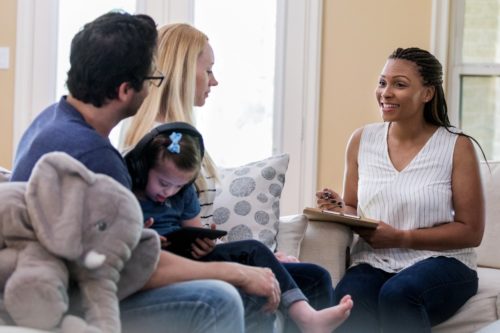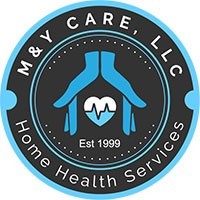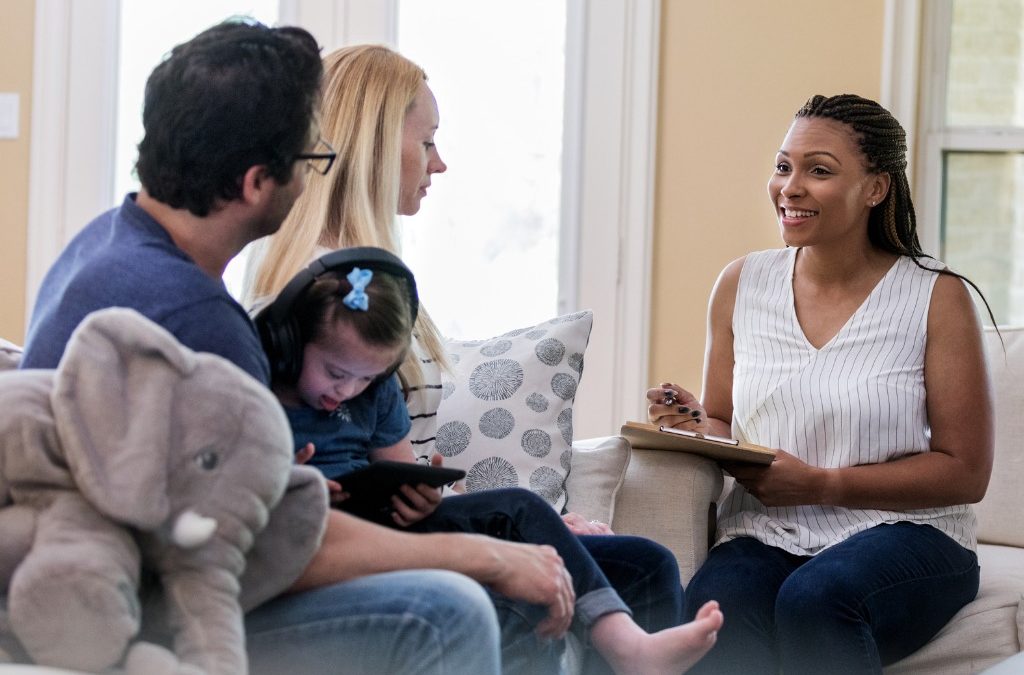Raising children is not children’s play. Even under the best of circumstances, their behavior and feelings can change frequently and rapidly. All children have times of sadness, anxiety, irritability, or aggression, or sometimes they find it difficult to sit still, pay attention, or interact with others. In most cases, these are just typical developmental stages. However, such behaviors may indicate a more serious problem in some children.
Children from a young age also show signs of mental disorders. Examples include anxiety disorders, attention deficit hyperactivity disorder, autism spectrum disorder, depression and other mood disorders, eating disorders, and post-traumatic stress disorder. Mental health services for children are needed for such children. If the conditions are left untreated, it will result in hindrance in their proper growth.
Consider The Following Points Before Taking Your Child To Mental Health Services For Children
How can you spot the difference between the behavior of children that is challenging and actions that are just part of growing up? You should consider mental health services for children when the behavior remains for a few weeks or longer, which causes uneasiness to your child or the family, and interferes with the daily activities of the child at school, with friends, or at home. If the child talks about harming himself/herself immediately seek help from the right person.

Children of a young age may benefit from mental health services for children if they
- Complain about continuous headache or stomachache without any medical cause
- Is extremely irritable and throws frequent tantrums.
- Talks about worries and fears often
- Except when watching television or playing video games, is unable to sit constantly for a long time.
- Sleeps less than required, or sleeps all through the day, gets nightmares, or seems tired all day long.
- Faces difficulty in making friends and fights continuously with the ones s/he has.
- Degraded academic records and unable to concentrate on studies
- Remains terrified and checks things regularly to make sure that nothing is going wrong.
Teenagers may need mental health services for children in the following cases
- Have no interest in activities that were interesting before.
- Remains tired all day.
- Sleeps less than normal, more than normal, or remain sleepy throughout the day
- Avoids friends and family to remain alone for the majority of the day.
- Afraid of gaining weight, and do excessive exercise and dieting.
- Have suicidal thoughts.
- Hallucinates and hears things that nobody else hears.
- Gets into a maniac state and acts hyperactively.
- Smokes, drinks, or do drugs.
Finding A Mental Health Professional
Being transparent about the child’s mental health and daily activities to your child’s health care provider can enhance the success rate of the treatment. Telling truth about the status of the child helps in improving the quality, results, and safety of the child. Here is a list of questions that you can use
- Is your approach of treatment backed by proven research results?
- Are parents involved in the treatment? If yes, then how?
- How will you evaluate the progress?
- Is there any allotted homework between the sessions?
- When we will be able to observe the progress?
- What will be the duration of the treatment?
Treatment Options
The results of the evaluation done by the mental health professional will help to determine the underlying cause of the behavior. It will help to clarify if the changes in the child are due to the stress at home or school or is the outcome of any mental disorder for which proper treatment is needed. Recommendations for treatment may include;
Psychotherapy (talk therapy)
Directed at specific conditions, there are various types of approaches to psychotherapy including structured psychotherapies. Children’s effective psychotherapy includes
- Involvement of parents in the treatment
- Helping the child to practice her/his skills at home or school( known as homework assignments that are between the sessions)
- Degree of improvements, such as better concentration, rating scales, improvement in performance, and behavior.
Medications
Just like adults, children also need different medicines for different types of mental conditions that depend on the diagnosis. The medications may include antidepressants, mood stabilizers, stimulations, and other medications. Medications when used with psychotherapy results in better results. If more than one health care provider is consulted, treatment results should be continuously circulated to keep everyone updated to achieve the best possible results.
Family Counseling
Having the family members included in treatment helps to accelerate the rate of the treatment. This will also help the child with mental issues to get better understood by close relatives. Better understanding leads to better care and more attention to the child.

Support for parents
Group sessions and individual sessions for parents and close relatives help in training and the opportunity to talk with other people who suffer from the same situations. It also provides better strategies and a positive mindset. The medical professionals will support communicating with the child in a more patient way. Support groups also help parents and siblings to make peace with the situation.
Evaluating the child’s Behaviour
An assessment by a mental health professional can help clarify the issues underlying your child’s behavior and reassure or recommend the next steps. An assessment provides an opportunity to learn more about your child’s strengths and weaknesses and to determine which interventions might be most helpful.
A deep assessment of the mental health of a child includes the following
- An interview with parents to discuss the child’s developmental history, temperament, relationships with friends and family, medical history, interests, abilities, and any previous treatment. Gathering information from the child’s school, such as standardized tests and reports on behavior, abilities, and difficulties.
- If necessary, an interview with the child and behavioral tests and observations by the mental health professional.
For a result-oriented treatment of a child, It is important for the mental health services for children provider to get a sense of the child’s current situation, for example, a recent change of school, an illness in the family, or some other change that affects the child’s daily life. Identifying any mental health issue at a younger age is going to save the child’s future. M&Y Care LLC provides result-oriented and child-friendly treatments because they know the value of your loved ones.

